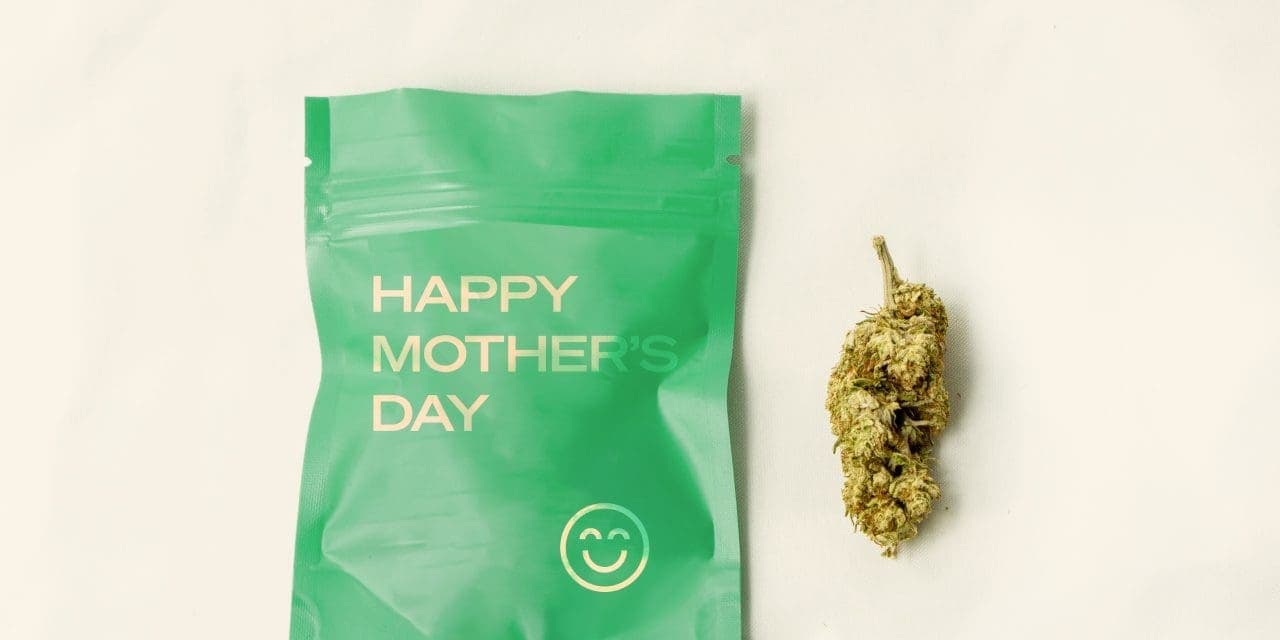9 best weed strains for multiple sclerosis

Article written by

April AcernoContent Writer
Content reviewed by

Dipak HemrajMedical Cannabis Researcher
Multiple sclerosis (MS) is a neurological disease that impacts the central nervous system. It can cause symptoms like:
While traditional treatments can be effective, many people with MS use cannabis for their symptoms. Certain cannabis strains may be more helpful for MS symptoms than others. When choosing a strain, consider its dominant chemical compounds, which play a large role in whether you find relief.
Get your medical marijuana card
Best strains for multiple sclerosis
Cannabinoids in cannabis, like tetrahydrocannabinol (THC) and cannabidiol (CBD), may help with symptoms like pain and muscle spasms, while terpenes like myrcene and beta-caryophyllene can add to the plant’s benefits.
Certain cannabis strains, including high-THC and high-CBD options, are commonly recommended for managing MS symptoms.
Cannatonic

Cannatonic is a high-CBD strain (17%) known for its anti-inflammatory effects. Because it contains only about 5% THC, its intoxicating effects are very mild.
Cannatonic may help with MS symptoms like pain, muscle spasms, and anxiety. Its dominant terpenes include myrcene, pinene, and beta-caryophyllene.
ACDC

ACDC contains only 1% THC and 18% CBD, making it one of the highest-CBD strains available. It may help with MS-related inflammation and pain. Its dominant terpenes include myrcene and pinene. It also contains a high concentration of limonene, which may improve mood.
Blue Dream

Blue Dream is a hybrid containing high levels of myrcene and pinene. It may relieve anxiety and pain without causing excessive drowsiness. However, with THC levels between 17% and 24%, Blue Dream’s intoxicating effects may be overwhelming if you have a low tolerance.
Critical Mass

While different versions of Critical Mass exist on the market, the variety containing equal parts CBD and THC offers the most potential relief from MS symptoms. It has about 20% THC, and its dominant terpenes include myrcene, pinene, and humulene, which may add to its anti-inflammatory effects.
Granddaddy Purple

Granddaddy Purple contains 27% THC, and its dominant terpenes are myrcene and beta-caryophyllene. In addition to its potential pain-relieving properties, it may calm anxiety and promote better sleep.
Ringo’s Gift

Ringo’s Gift may help with chronic pain and inflammation. With 10% CBD and 7% THC, it’s also commonly used for depression and anxiety, both of which may affect people with MS. You might prefer it during the daytime since it’s unlikely to cause drowsiness.
Pennywise

Pennywise features a balanced 15% CBD and 15% THC, plus high levels of myrcene, pinene, and beta-caryophyllene. Together, these compounds may ease inflammation and pain related to MS.
Cinderella 99

Cinderella 99 (aka C99 or Cindy) averages about 15% THC. Its high linalool content may help with sleep and stress. Linalool can also relieve inflammation and muscle tension.
Forbidden Fruit

Forbidden Fruit has about 25% THC, along with high amounts of myrcene and linalool. Its strong sedating effects may help you relax. It’s also commonly recommended for muscle spasms.
How cannabis affects multiple sclerosis
Studies show that certain cannabinoids in cannabis may relieve nerve pain, inflammation, and muscle spasms. The most commonly recommended cannabinoids for MS include:
MS causes inflammation that damages nerve cells. These cannabinoids have neuroprotective properties, which means that they can protect nerve cells from damage.
Sativex is a prescription-only THC and CBD-based oral spray for people with MS. While it’s approved in some countries, it hasn’t been approved in the U.S.
Anti-inflammatory terpenes in cannabis may also relieve MS symptoms, including:
- Myrcene
- Pinene
- Linalool
- Beta-caryophyllene
When combined with cannabinoids, terpenes’ properties may become more powerful. This is known as the entourage effect.
Animal studies show that linalool, pinene, and beta-caryophyllene may be particularly effective at reducing MS-related nerve pain.
Best ways to use cannabis for MS
When choosing how to take cannabis for MS, consider:
- Your symptoms
- Your tolerance
- Your personal preferences
Ask your doctor for personalized guidance when choosing a strain, product type, and dosage amount. With dosing, you should generally start with a low dose and gradually increase the amount until you reach your desired results.
Cannabis is available in a variety of product types, all of which may offer relief from MS symptoms.
Smoking and vaping are popular choices because of their fast-acting effects which can peak within 15-30 minutes. But the effects typically last for no more than a couple of hours.
Tinctures offer another fast-acting method. They’re easy to dose, and their effects may take place in as little as 15-30 minutes. Edibles can take 2 hours to work, but their effects can last for up to 8 hours, and are more potent than other product types.
Cannabis topicals like creams and gels can be used for localized relief. They don’t cause intoxication, which can be helpful if you want to benefit from THC without any ‘high.’
The bottom line: These strains may offer the most relief to MS patients
Some strains are high in anti-inflammatory, pain-relieving, and nerve-protecting compounds that may relieve MS symptoms. If you’re considering cannabis for MS, talk with your doctor and experiment with multiple strains to find what suits your unique needs.
If you live in a state with a medical cannabis program, you may be able to obtain a medical card for MS, to save money on cannabis and access higher-potency products. Make an appointment with Leafwell today to begin your card application.
Resources
- A cannabigerol quinone alleviates neuroinflammation in a chronic model of multiple sclerosis. https://pubmed.ncbi.nlm.nih.gov/22971837/
- Antioxidative and anti-inflammatory properties of cannabidiol. https://pmc.ncbi.nlm.nih.gov/articles/PMC7023045
- Cannabidiol as a potential treatment for anxiety disorders. https://pmc.ncbi.nlm.nih.gov/articles/PMC4604171/
- Cannabidiol for neurodegenerative disorders: A comprehensive review. https://www.frontiersin.org/journals/pharmacology/articles/10.3389/fphar.2022.989717/full
- Cannabigerol is a potential therapeutic agent in a novel combined therapy for glioblastoma. https://pmc.ncbi.nlm.nih.gov/articles/PMC7914500/
- Cannabinoids in the management of spasticity associated with multiple sclerosis. https://pmc.ncbi.nlm.nih.gov/articles/PMC2626929/
- Cannabis and cannabinoids in multiple sclerosis: From experimental models to clinical practice-a review. https://pubmed.ncbi.nlm.nih.gov/37278703/
- Characterizing cannabis-prevalent terpenes for neuroprotection reveal a role for α and β-pinenes in mitigating amyloid β-evoked neurotoxicity and aggregation in vitro. https://www.sciencedirect.com/science/article/pii/S0161813X23001699
- Jazz pharmaceuticals announces top-line results from phase 3 trial evaluating nabiximols oromucosal spray in adult participants with multiple sclerosis spasticity. https://investor.jazzpharma.com/news-releases/news-release-details/jazz-pharmaceuticals-announces-top-line-results-phase-3-trial
- Perspectives on cannabis-based therapy of multiple sclerosis: A mini-review. https://www.frontiersin.org/journals/cellular-neuroscience/articles/10.3389/fncel.2020.00034/full
- Terpenes from Cannabis sativa induce antinociception in a mouse model of chronic neuropathic pain via activation of adenosine A 2A receptors. https://pubmed.ncbi.nlm.nih.gov/38709489/
- The “entourage effect”: Terpenes coupled with cannabinoids for the treatment of mood disorders and anxiety disorders. https://pmc.ncbi.nlm.nih.gov/articles/PMC7324885/
Get Your Medical Card
Frequently asked questions
Here are answers to some common questions about cannabis for MS.


